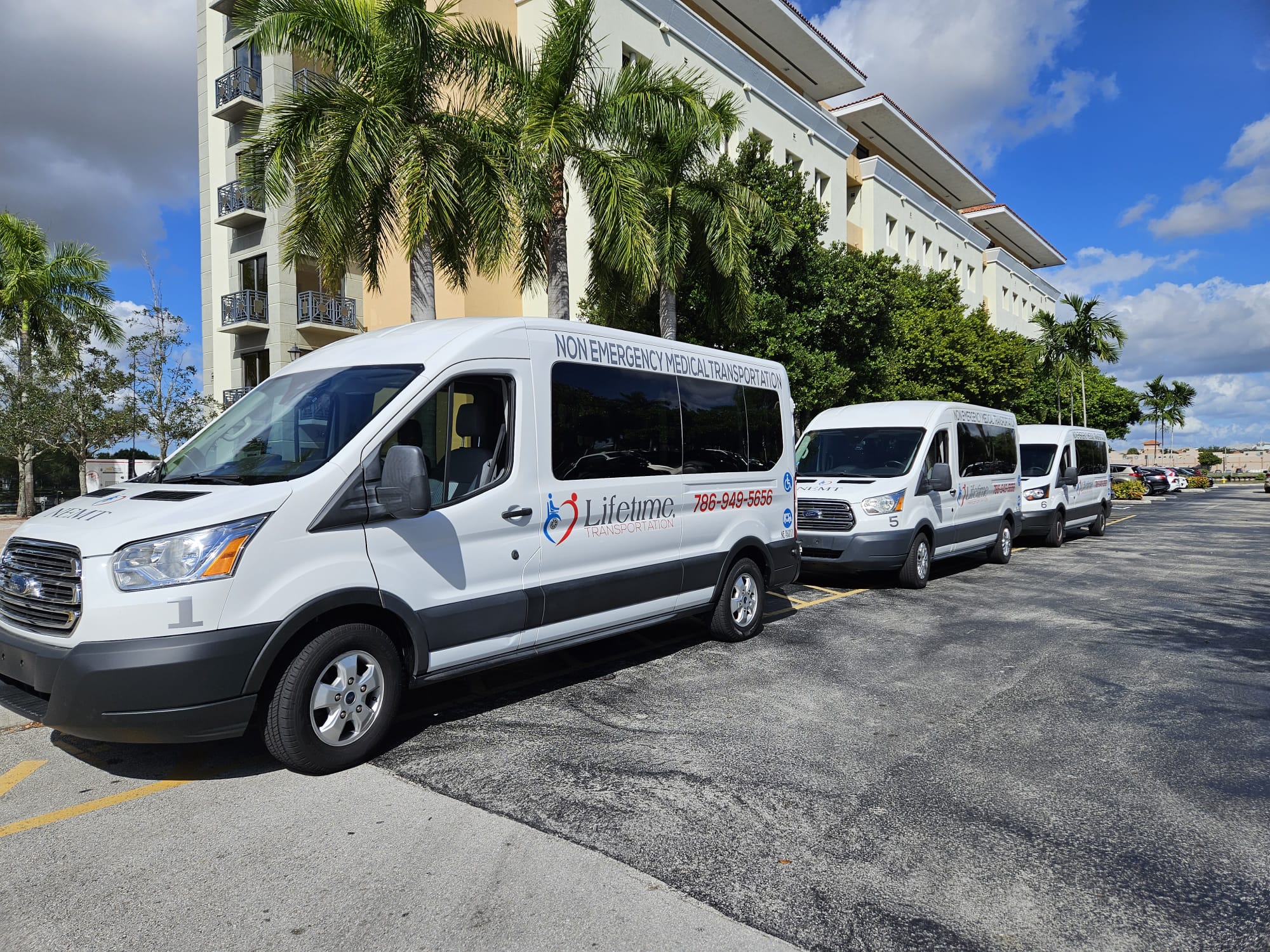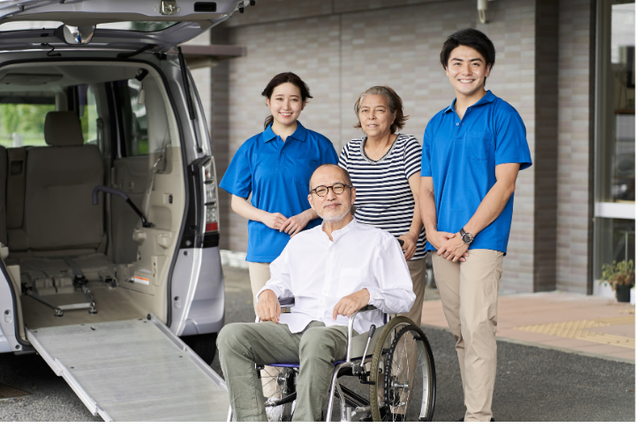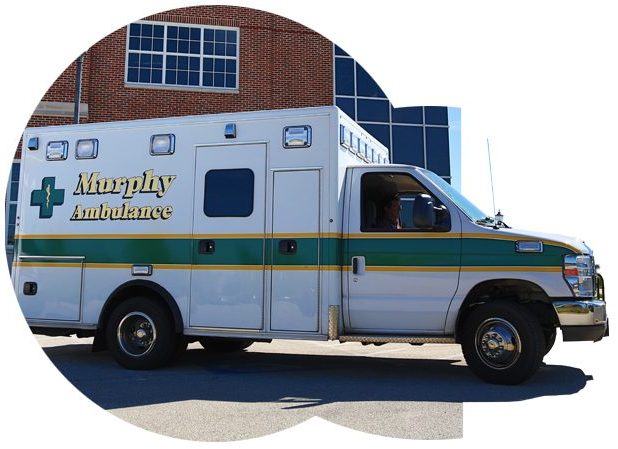Available and Affordable Medical Transport Options for Seamless Health Support
In the world of healthcare, the access and cost of medical transportation are vital in guaranteeing individuals can access the treatment they require when they need it. The capacity to effortlessly navigate transportation alternatives can dramatically affect a person's capacity to receive prompt clinical attention, follow-up care, and general well-being. From non-emergency clinical transportation solutions to ingenious solutions like telehealth, the landscape of clinical transportation is developing to fulfill the diverse requirements of people. Taking into consideration the relevance of this aspect in healthcare delivery, discovering the array of alternatives offered becomes crucial for addressing spaces in access and cost.
Non-Emergency Medical Transport Provider

These services are staffed by trained professionals who focus on individual comfort and security throughout transportation. Motorists are equipped to handle individuals with varying medical demands and ensure that all trips are smooth and trouble-free - Medical Transportation Services Near Me. Furthermore, non-emergency clinical transport services often make use of specific automobiles that are wheelchair-accessible, making them ideal for a variety of individuals with various wheelchair requirements
Volunteer Motorist Programs
Volunteer driver programs contribute in offering transport help for individuals in requirement of non-urgent healthcare. These programs count on the kindness of volunteers that donate their time and vehicles to assist transport people to and from medical appointments. By making use of volunteer motorists, companies can use an affordable option for individuals who may not have access to reputable transport.
Among the crucial benefits of volunteer driver programs is the customized care and focus that patients receive. Unlike typical transportation services, volunteer drivers frequently create a relationship with the individuals they assist, producing a encouraging and compassionate atmosphere during what can be a difficult time. Additionally, volunteer motorist programs can aid bridge the gap for people residing in country or underserved areas where public transportation alternatives might be restricted.
Mass Transit Options

Among the essential benefits of mass transit is its widespread schedule in country and metropolitan locations alike. This substantial network permits clients from diverse backgrounds to travel to medical visits with family member simplicity. Additionally, public transport systems are usually equipped to suit individuals with disabilities, supplying obtainable traveling options for those with movement challenges.

Ride-Sharing and Transport Network Firms
The evolution of modern-day transport choices for clinical functions extends past conventional public systems like trains and buses to include the cutting-edge realm of ride-sharing and transport network firms. Ride-sharing services such as Uber and Lyft have transformed the means people travel to medical visits, supplying ease and adaptability to patients who may not have access to their cars or conventional public transport. These systems permit users to ask for an experience with the touch of a switch on their mobile phones, supplying door-to-door solution that can be especially valuable for individuals with flexibility difficulties or those calling for help.
Transportation network firms (TNCs) have actually likewise played a significant duty in connecting the gap in medical transportation solutions. Companies like Veyo and RoundTrip focus on non-emergency medical transport, satisfying people that need linked here a higher level useful during their trips to medical facilities. By partnering with healthcare providers and insurance companies, TNCs make sure that people can access timely and reliable transportation services, ultimately adding to boosted wellness end results and person satisfaction.
Telehealth and Online Examinations
Enhancing medical care accessibility and convenience, telehealth and online examinations have actually emerged as crucial elements in modern-day medical methods, transforming the way clients engage with health care carriers. This technique not only conserves time and lowers transport costs for people yet additionally boosts the overall effectiveness of medical care delivery.
Additionally, telehealth plays a crucial function in prolonging clinical services to underserved neighborhoods, backwoods, and people with limited mobility. go to these guys By damaging down geographical obstacles and boosting health care outreach, telehealth promotes early intervention, continuity of treatment, and individual engagement. As modern technology remains to advance, telehealth is positioned to play an increasingly substantial duty fit the future of medical care delivery, fostering improved health and wellness end results and patient satisfaction.
Conclusion

From non-emergency medical transport solutions to cutting-edge options like telehealth, the landscape of this contact form medical transportation is advancing to fulfill the diverse needs of patients.Non-Emergency Medical Transport Services promote the risk-free and timely transportation of individuals needing non-urgent medical care to and from health care facilities.The development of modern transportation alternatives for medical objectives prolongs past conventional public systems like buses and trains to encompass the innovative world of ride-sharing and transportation network companies.Transport network business (TNCs) have likewise played a substantial duty in linking the gap in clinical transportation solutions. Non-Emergency Medical Transport Services, Volunteer Vehicle Driver Programs, Public Transportation Options, Ride-Sharing and Transportation Network Business, and Telehealth and Virtual Consultations all play a critical duty in dealing with transportation obstacles to healthcare accessibility.